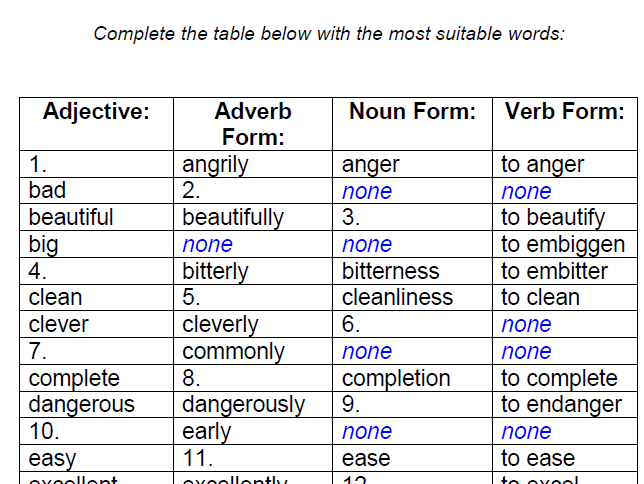First Maths For First Choice Resources
I am the Head Teacher Of Maria International School Of Bucharest in Romania. I am also very keen at developing different TES teaching resources to discover what works well for different classes. I am constantly looking for new and exciting different ways of presenting and teaching different primary topics, especially maths topics.





















